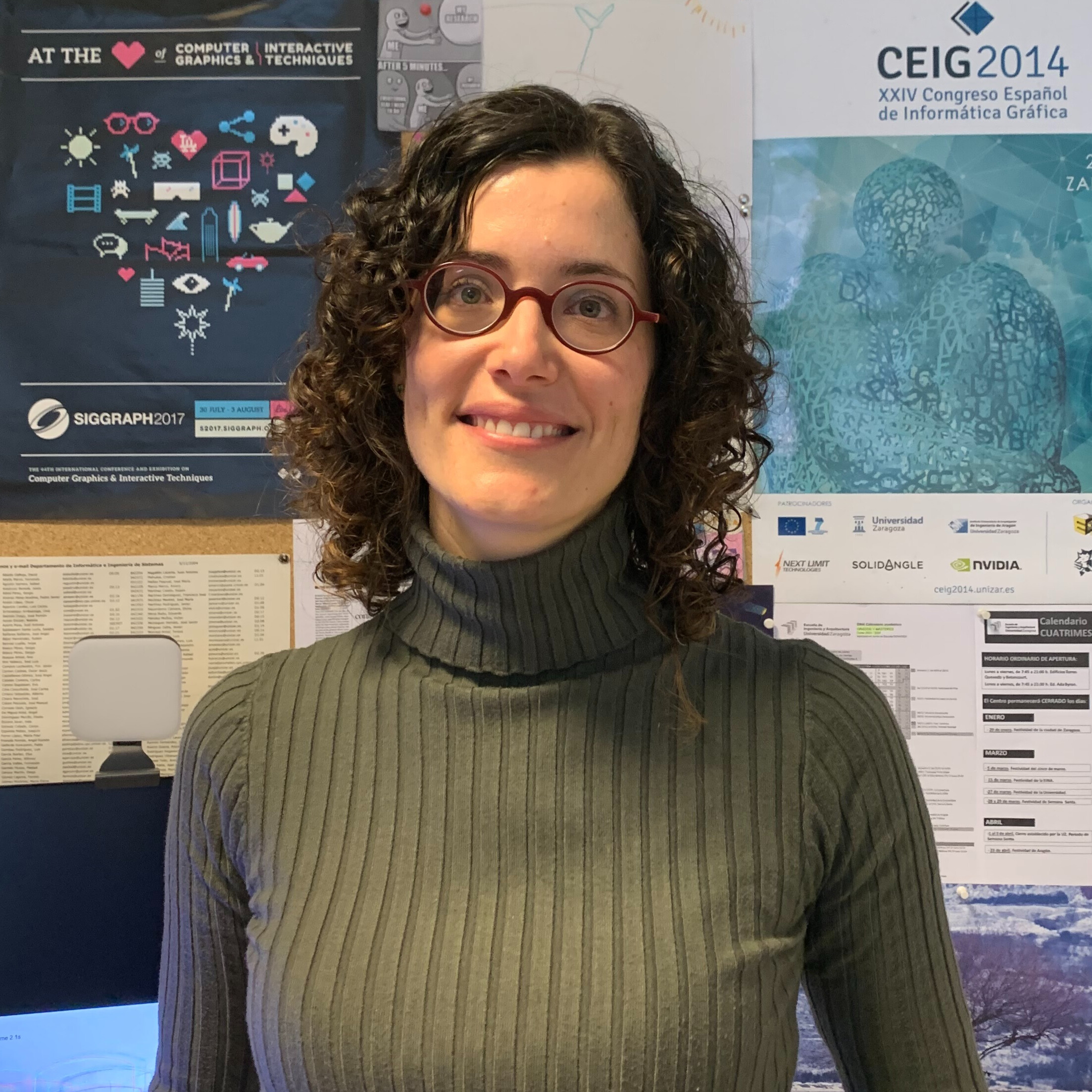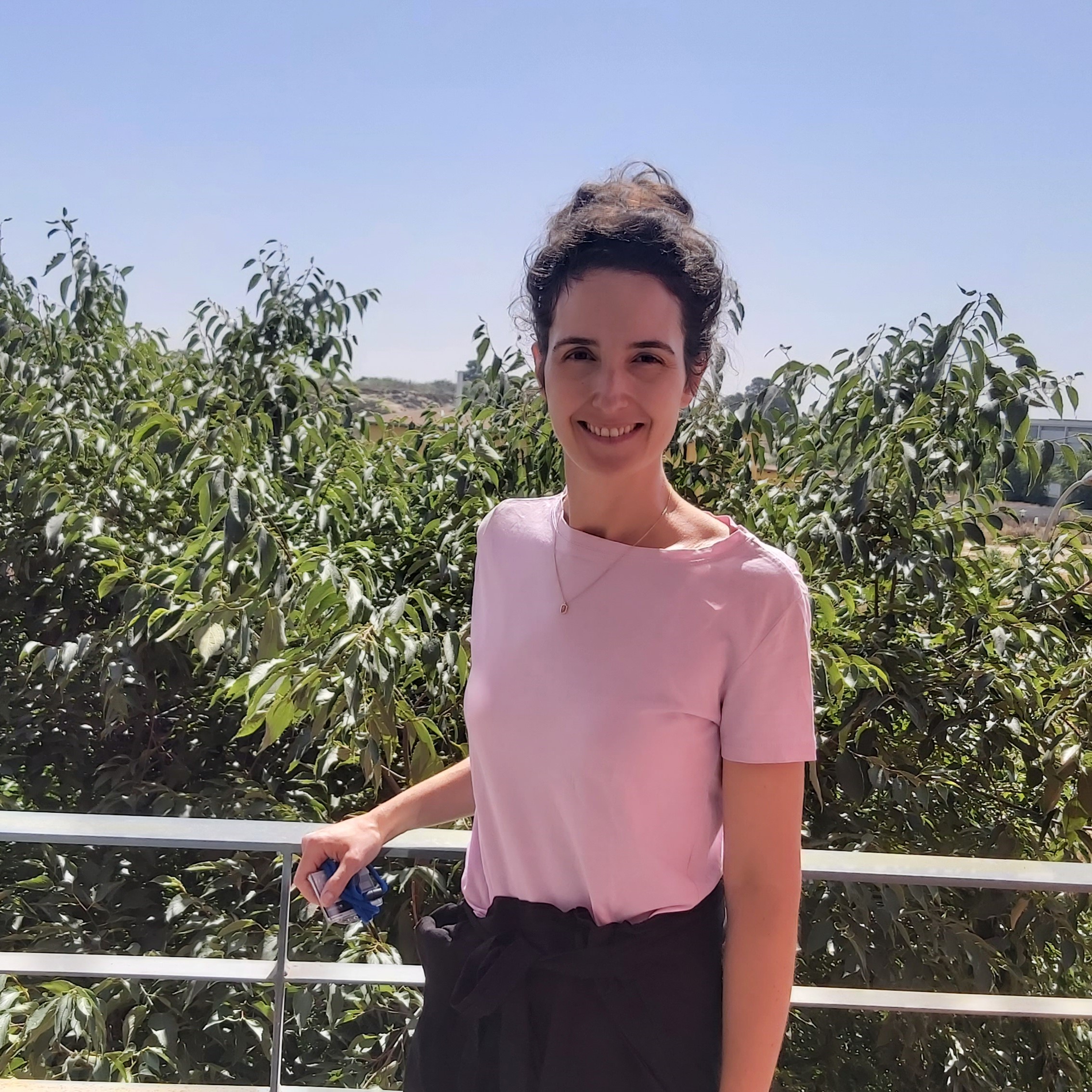
Why did you decide to go into research? Was it always clear what you wanted to do?
What led me to research was the eagerness to learn new things and understand why things are the way they are. Although throughout most of my academic career, I thought my future was in the business world, perhaps in a managerial or directorial role. However, through certain courses and getting to know what was done in the university in terms of research, I started leaning towards this path.
How long have you been linked to the I3A and what would you highlight about the Institute?
I've been involved with I3A since I started researching at Unizar, a little over a decade ago. Throughout this time, I have been connected to I3A in one way or another, except when I worked abroad. I would highlight two things about the Institute: firstly, it allows us to belong to a community of researchers; we have our respective research groups, but they operate on a smaller scale, while I3A has a critical mass with the capacity to act. Secondly, what I consider fundamental is the research support team they provide, which is invaluable to us.
In your research group, what are your most important lines or areas of work?
Within my research group, Graphics and Imaging Lab, I focus on the use of computational models of visual perception, models that tell us how we see and perceive the world through our eyes. This study aims to improve algorithms for the creation, manipulation, and visualization of images. We apply this, for example, in the field of virtual reality to try to enhance users' experiences: ensuring they see a high-quality image, avoid dizziness or visual fatigue, and that the virtual world responds appropriately to users' movements, etc.
Is there a project of which you are particularly proud because of its impact on society?
The project I have had the privilege to work on and has had the most social impact is DIVE Medical. It started as research with collaboration between doctors and engineers but has now become a spin-off company of the University of Zaragoza. They focus on developing medical devices that allow the objective and repeatable exploration of patients' vision, even in non-verbal patients such as babies or those with cognitive difficulties like elderly individuals with pathologies.
Do you have any ongoing projects that you would like to highlight?
We are just starting a project from the Knowledge Generation Projects call, funded by the Ministry of Science, Innovation, and Universities. I would like to highlight this because it is the first of its kind that I have obtained as the principal investigator, along with Ana Serrano. The project aims to understand and model how information from different senses (sight, hearing, etc.) influences our behavior and attention when immersed in a virtual or mixed reality environment. Understanding this is crucial for creating effective content in these new media.
How do you see the future of your research area, and are there any trends or challenges that you find particularly interesting or important?
Working in the field of virtual reality and utilizing artificial intelligence tools, I find myself in a rapidly changing and accelerating environment. The future is therefore very exciting due to the enormous potential, but at the same time, challenges are immense: the regulation of AI-based tools, the potential paradigm shift in teaching and research, the implications of who is leading the development of these algorithms, etc.
What do you enjoy most about your profession? And what do you enjoy least?
What I enjoy the most is learning and discovering new things, as well as contributing to the education of others. What I enjoy the least is that research still doesn't occupy the place it deserves, and consequently, resources are lacking.
What would you say to anyone thinking of going into research?
Research is not an easy path, and uncertainty is significant, especially in the beginning, but if you reach a reasonable stability, it is one of the most beautiful professions there is.
CLOSE UP…
What did you study?: Industrial Engineering and Master's in Computer Engineering.
A dream to fulfill: Many and none at the same time. I've always believed in "enjoy the moment.".
Hobbies: Nothing sophisticated: travel whenever possible, read a lot, and be with the people I love. Also, do yoga; it gives me a sense of balance.
A book: The Diamond Age, The Stranger, The Infinite in a Reed...
A film: Rear Window or Rope
A series: The Sopranos
Favourite music group: Amaral
A trip: South America is on my to-do list.
